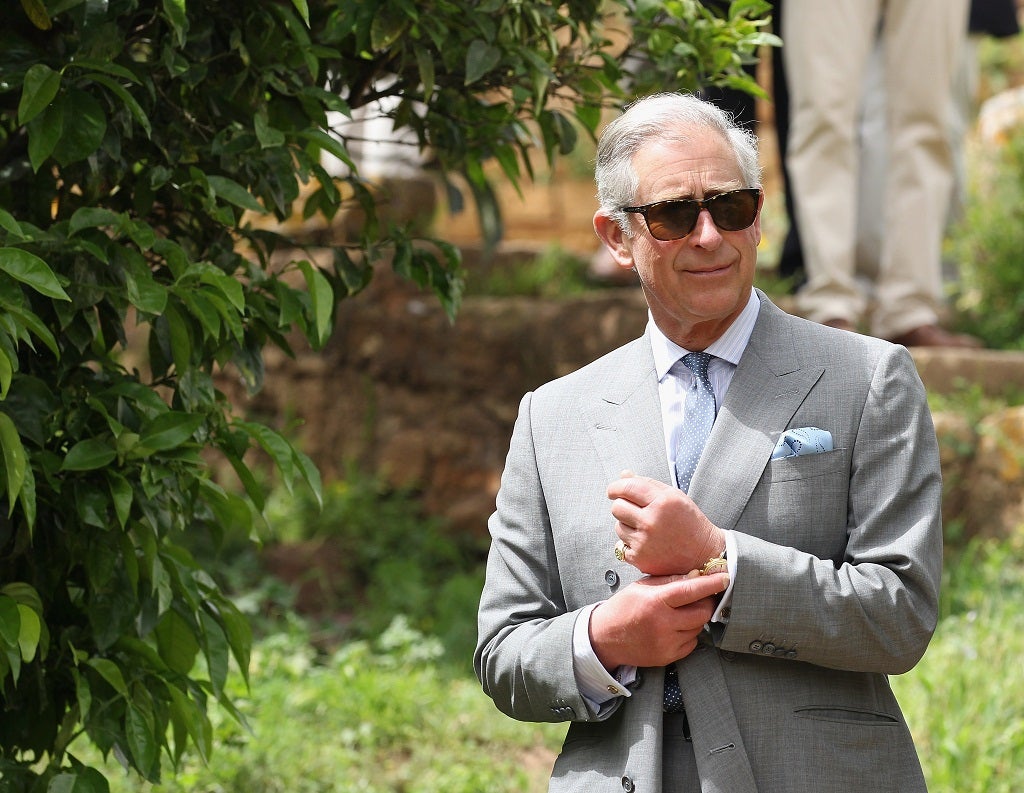Stop trying to pull a fast one, Dominic. We all know you're trying to protect Prince Charles from himself
Our future King should not be able to intervene politically without public oversight. Allowing him to do so is a decision of galling subservience, never mind dishonesty

Prince Charles is presumably punching the air with relief. I say presumably: we’ll never know for sure, not even if he describes the moment to a minister in a postscript to one of the letters in which he also expresses a strong view on a piece of public policy. Anyway, if he is doing so, he has Dominic Grieve, the Attorney General, to thank for it.
In vetoing a court ruling that correspondence from Charles to seven government departments should be published, Mr Grieve laid out an argument for the protection of the royal secrecy that doesn’t stand up to even the most cursory scrutiny. It is, plainly, a self-serving and disingenuous ruling. I hope the Attorney General, who has apparently enjoyed the respect of the legal community, is thoroughly embarrassed.
The gist of the matter is this. The Prince is notorious for his view that his strong feelings on a number of subjects entitle him to express those opinions to the relevant authorities, presumably by dint of his birth, since he has no other relevant qualifications.
In itself, this is galling. But what Mr Grieve said yesterday made it even worse: the Prince is not only entitled to express those views with a vigour and expectation of influence that no private citizen could ever hope to match. He is also entitled to do so in absolute secrecy, without any public oversight of his actions or redress if he goes too far.
The real reasons for this decision are, it seems safe to say, a lot to do with the embarrassment that would ensue if we were able to see exactly how politicians respond to the future monarch’s bidding when he is being, as Grieve put it, ‘particularly frank’. There may be a bit of kneejerk deference thrown in.
Officially, though, it’s because such correspondence forms an important part of Charles’ “preparation for kingship”. Publication of the letters, Grieve said, “would potentially have undermined his position of political neutrality” – and his neutrality is a “matter of the highest importance”.
Even if we disregard the absurdity of the idea that this 63-year-old man is receiving an education in the ways of monarchy by bothering busy people with important jobs to do, we can surely all see see the fast one Grieve’s pulling here, right? He’s saying that not publishing the letters will help to maintain the prince’s political neutrality.
But it’s perfectly obvious to anyone who speaks English that his move will do nothing of the kind: instead, it will help Charles maintain the illusion of political neutrality while exercising his influence as much as he likes. Grieve is right that his neutrality is important, but there’s only one course of action here that might encourage him towards it: the expectation that he be held accountable for his interventions.
There’s no chance of that now: Grieve wouldn’t even need to intervene these days, as the rules have been changed to exclude the Prince from the kind of transparency laws that should have put these letters in the public domain. Guess who apparently lobbied behind the scenes for that one? It was Charles, apparently. But once again, we’ll never know for sure.

Join our commenting forum
Join thought-provoking conversations, follow other Independent readers and see their replies